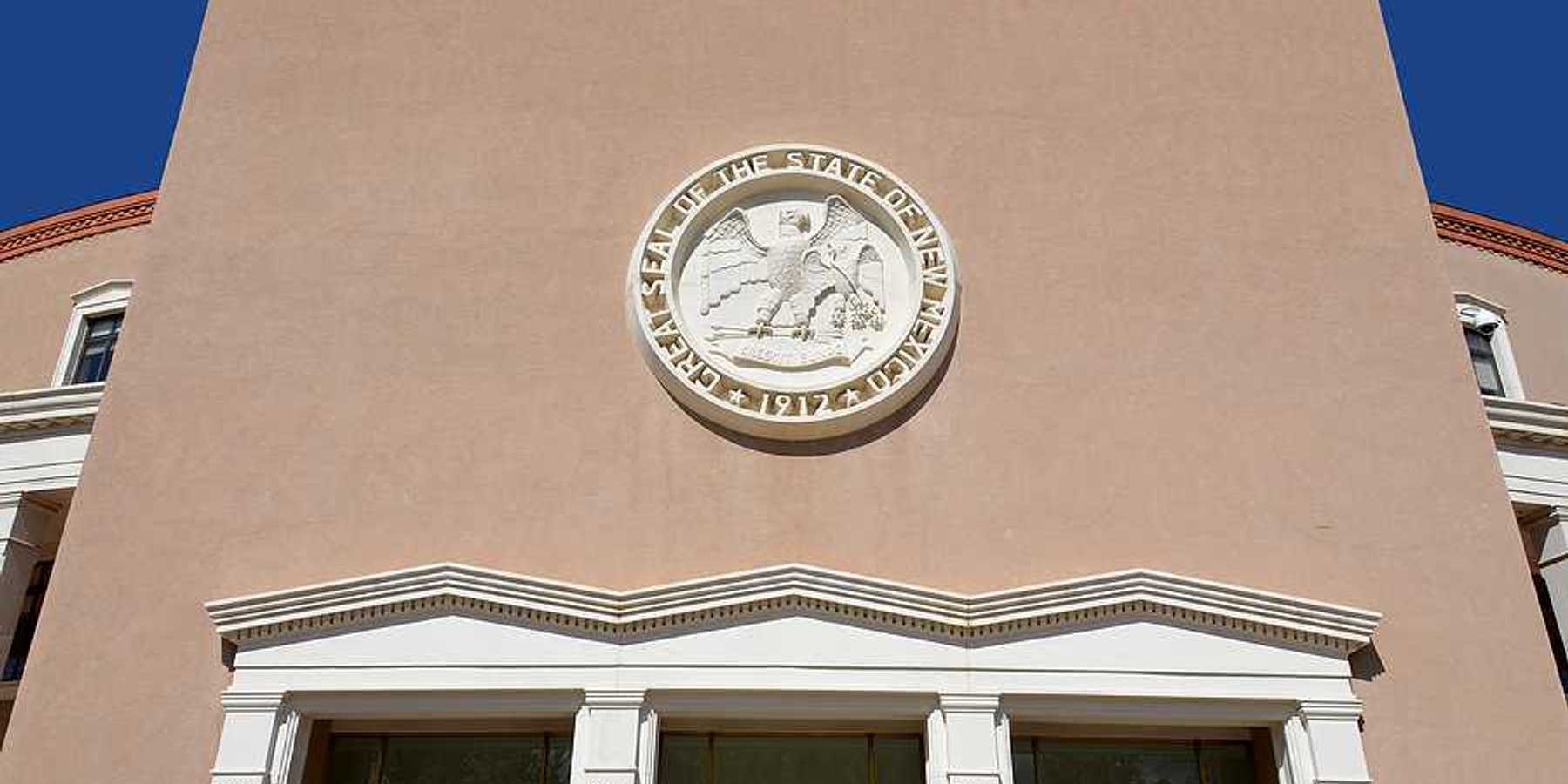colombia
Medellín's urban forest miracle
Medellín transforms its urban landscape with green corridors, showing the world how to beat urban heat.
In short:
- Medellín's Green Corridors project has significantly lowered the city's temperature by planting trees and creating green spaces.
- This initiative has not only cooled the city by 2°C in three years but also improved air quality and increased biodiversity.
- The effort was led by the community, with support from city officials, and is seen as a model for other cities facing the heat island effect.
Key quote:
“Medellín grew at the expense of green spaces and vegetation. We built and built and built. There wasn’t a lot of thought about the impact on the climate. It became obvious that had to change."
— Pilar Vargas, a forest engineer working for City Hall
Why this matters:
Medellín's success in cooling its urban environment demonstrates a sustainable way to tackle the urban heat island effect, improving living conditions and health outcomes. As cities worldwide grapple with rising temperatures, this Colombian city's approach offers a blueprint for urban resilience and environmental stewardship.
Be sure to read about Tucson's ambitious tree planting goal aims to improve the health of residents, wildlife, and the watershed.
Colombia commits to prioritizing nature in upcoming global environmental talks
As Colombia gears up to host the Cop16 summit, Environment Minister Susana Muhamad emphasizes nature's crucial role in addressing the climate crisis.
In short:
- Colombia, preparing for the Cop16 biodiversity summit, aims to integrate nature conservation into the global environmental agenda.
- The summit in Cali will see nations presenting plans to meet biodiversity targets, including protecting and restoring 30% of land and sea.
- Colombia's leadership, including President Gustavo Petro, is advocating for stronger support and funding for biodiversity-rich countries.
Key quote:
"Although the climate is affecting biodiversity, nature is an answer to the climate crisis. It is not the only answer but it is a very important pillar."
— Susana Muhamad, Colombia’s Environment Minister
Why this matters:
Colombia's focus on nature at the Cop16 summit emphasizes the link between biodiversity and climate health, an important consideration for global environmental policies and actions. This approach could shape future strategies in the fight against climate change, impacting health outcomes worldwide.
A study published in Proceedings of the National Academy of Sciences by researchers with the InterAmerican Development Bank and Stanford University pointed to stronger Indigenous rights as a way to not just strengthen communities, but also solve thorny issues around emissions and deforestation.
Environmental activists killed at a rate of one every other day in 2022
Colombia was the deadliest country and a fifth of the 177 recorded killings took place in the Amazon rainforest, says Global Witness.
Progress on slowing deforestation could boost climate efforts, say experts
Falling deforestation rates in countries including Indonesia, Malaysia, Colombia and Brazil could provide a boost to climate and biodiversity efforts, experts say, in the run-up to a key summit on the future of the Amazon rainforest.
Climate migration a top concern for mayors in Colombia, El Salvador
As Colombia moves to ban fracking, Exxon seeks to recover investment
Exxon Mobil Corp is in talks with Colombia's government in hopes of recovering its investment in a fracking pilot project as the U.S. oil major prepares to ditch upstream operations in the Andean country where the government is pushing through a fracking ban.
Cattle, not coca, drive deforestation of the Amazon in Colombia – report
Cattle-ranching, not cocaine, has driven the destruction of the Colombian Amazon over the last four decades, a new study has found.









